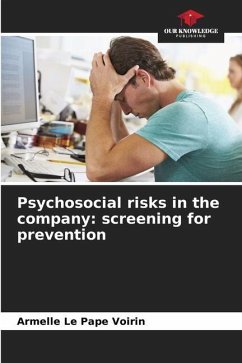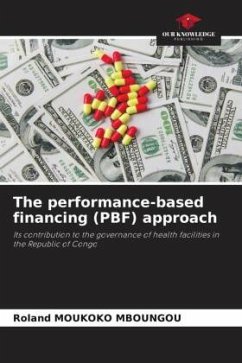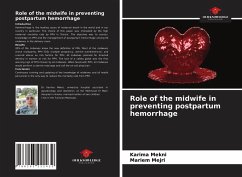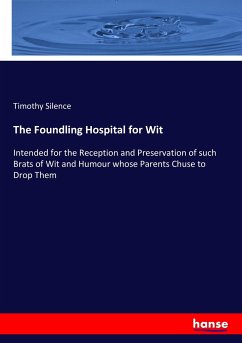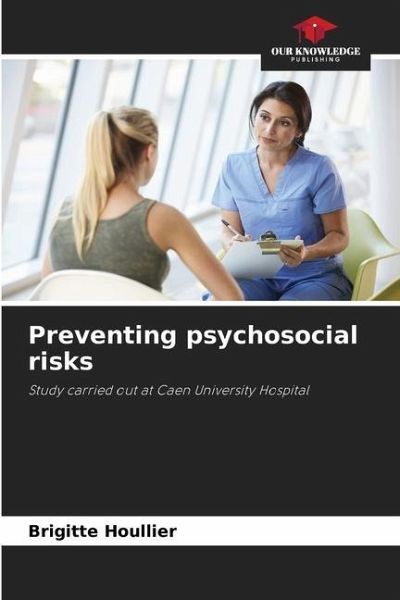
Preventing psychosocial risks
Study carried out at Caen University Hospital
Versandkostenfrei!
Versandfertig in 6-10 Tagen
43,99 €
inkl. MwSt.

PAYBACK Punkte
22 °P sammeln!
The purpose of this study is to contribute to a psychosocial risk prevention initiative at Caen University Hospital. The approach involves carrying out a diagnosis, identifying PSRs with a view to reducing them. As care is the hospital's core business, we chose to focus on a population of nurses. The interviews highlighted tensions that could be factors in RPS, but also factors of job satisfaction that could be protective factors. Following this study, it seems possible to define a number of action plans. The prevention of RPS must be part of an institutional approach. Dealing with RPS means l...
The purpose of this study is to contribute to a psychosocial risk prevention initiative at Caen University Hospital. The approach involves carrying out a diagnosis, identifying PSRs with a view to reducing them. As care is the hospital's core business, we chose to focus on a population of nurses. The interviews highlighted tensions that could be factors in RPS, but also factors of job satisfaction that could be protective factors. Following this study, it seems possible to define a number of action plans. The prevention of RPS must be part of an institutional approach. Dealing with RPS means looking at how work is organised. But the most important thing seems to be to rethink management. More than participation, we need management that listens. Health managers come from the care sector, and they have to take care of their employees. Health is a capital to be preserved. Who better to take the health of the people who work there into consideration than health establishments?



